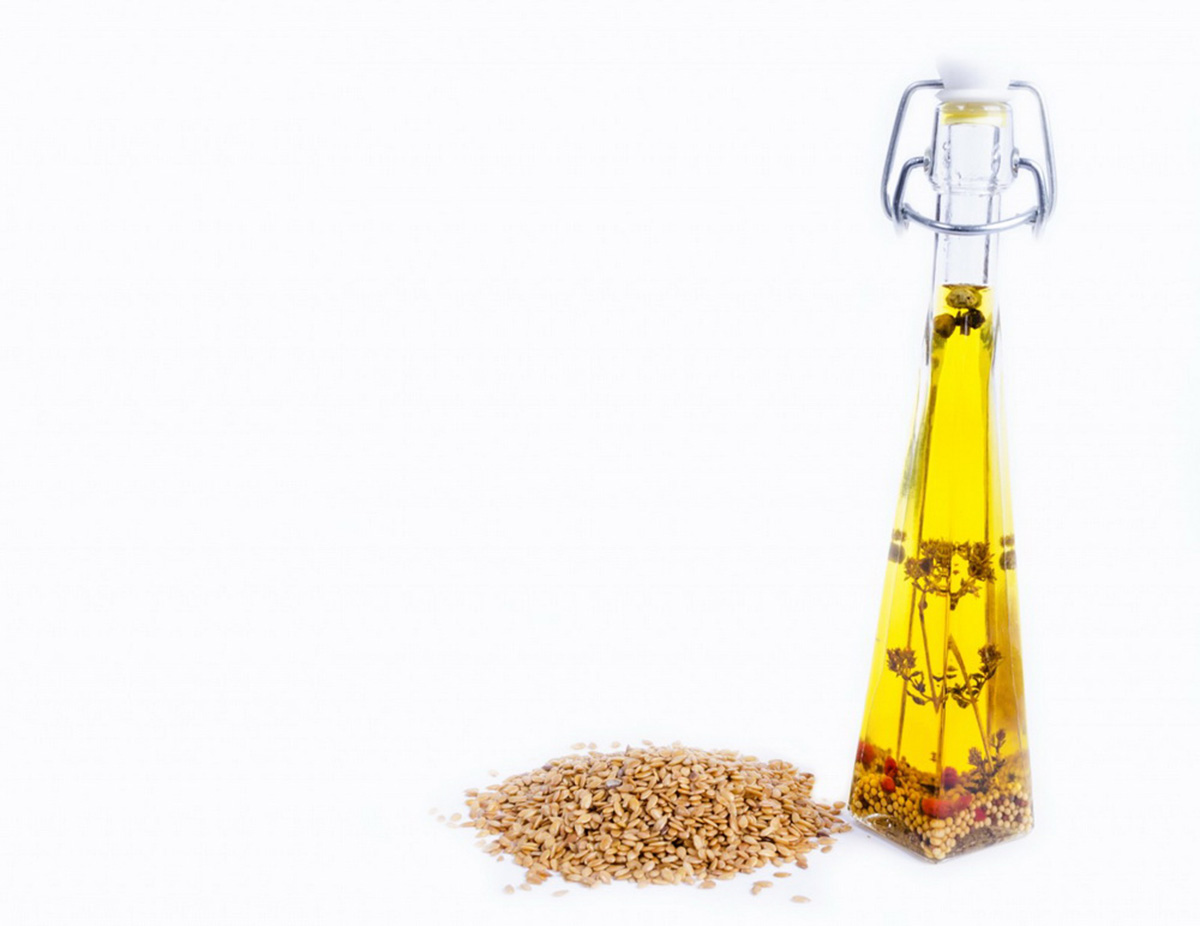Table of Contents
1. Fish Oil
Fish oil (or omega 3) is perhaps the most beneficial fat out there. Unsurprisingly, you find fish oil in fish! On a more helpful note though, it’s found in more oily types of fish, such as salmon, mackerel, pilchards and kippers.

There’s another very important factor linked with including more oily fish and omega 3s in your diet too. And that’s to do with the types of fat we tend to consume.
In the Western world, our diets are heavily based around processed foods and man made fats. This means we consume lots of polyunsaturated omega 6 fats, and very few omega 3s. In fact, it’s thought that our omega 6 to 3 ratio is roughly around 20:1, when ideally, it should be closer to 3:1. This can lead to higher levels of inflammation in the body.
To bump up your intake of omega 3s and help balance out this ratio, fish oil is your friend.
If you don’t eat oily fish on a regular basis, try supplementing with an omega 3 product, and taking 3 grams per day. Otherwise, just try to eat more oily fish.
2. Nuts and Seeds
You’ll often see nuts and seeds listed in the diet pages of health and beauty magazines as convenient, healthy snacks when following a fat loss plan. The benefits of including nuts and seeds in your diet on a regular basis is their fat content.
Moving away from the notion that high fat equals bad, the fat in nuts is mainly of the monounsaturated kind. These fats are thought to protect against heart disease.
Another bonus of the fat in nuts and seeds is that it keeps you feeling fuller for longer. This means that just a small serving of almonds, pistachios, walnuts, macadamias, sunflower seeds, or pumpkin seeds (or any kind of nut or seed you fancy really) can keep you going for a couple of hours until your next meal.
3. Coconut
Coconut might not be one you’re too familiar with, and were you to pick up a pack of shredded coconut, you might be amazed that it’s included in a list of healthy foods, seeing that its fat content is around 65%, with a high proportion of that coming from saturated fats.
The fat in coconut is a little different again though. It contains MCTs (medium chain triglycerides) which act as an energy source. They bypass the usual route that most fats take, and digest far quicker, making them a readily available source of energy. This can be particularly useful for athletes on a lower carb plan.
See Also: What Is Wrong With Trans Unsaturated Fats?
4. Red Meat
Good quality beef, pork and lamb is vastly superior to the red meat you’d get at fast food joints, or the discount aisle of the supermarkets however. Look for grass-fed, where possible, and always buy the best quality meat you can afford. Along with the benefits of a mix of saturated and unsaturated fats, red meat is higher than white meat when it comes to certain amino acids such as creatine, and has the added bonus of being high in protein, which is always beneficial when dieting.
5. Olive Oil
Olive oil is one of the staples of the notoriously healthy Mediterranean diet. It’s a surefire way to boost your health.
Bonus sources
Avocado
Avocado is a unique fruit because, unlike most fruits which are high in carbohydrates, avocado is rich in monounsaturated fats.
It is also a good source of vitamin K, vitamin E, vitamin C, and B-vitamins. Avocado helps improve cholesterol levels, reduce the risk of heart disease, and provide satiety, which can aid in weight management.
Eggs
Eggs, particularly the yolk, are a natural source of dietary fats. They contain a mix of different fats, including saturated, monounsaturated, and polyunsaturated fats.
Besides healthy fats, eggs are an excellent source of high-quality protein, B vitamins, choline, and various essential minerals. Recent research suggests that moderate egg consumption does not significantly impact cholesterol levels in most people and can be part of a healthy diet.
Dark Chocolate
Dark chocolate with high cocoa content (70% and above) is a delightful treat packed with nutrients.
Rich in monounsaturated and polyunsaturated fats, dark chocolate also offers antioxidants, magnesium, iron, and fiber. Consuming dark chocolate in moderation has been linked to improved heart health, reduced inflammation, and even improved mood. However, due to its calorie content, moderation is key.
- "The 150 Healthiest Foods on Earth", by Dr. Jonny Bowden, Published January 2007
- Photo courtesy of George Hodan by Public Domain Pictures : www.publicdomainpictures.net/view-image.php?image=69672&picture=sesame-seeds-and-glass-oil
- Photo courtesy of Richard Elzey by Flickr : www.flickr.com/photos/elzey/8037342980/


Your thoughts on this